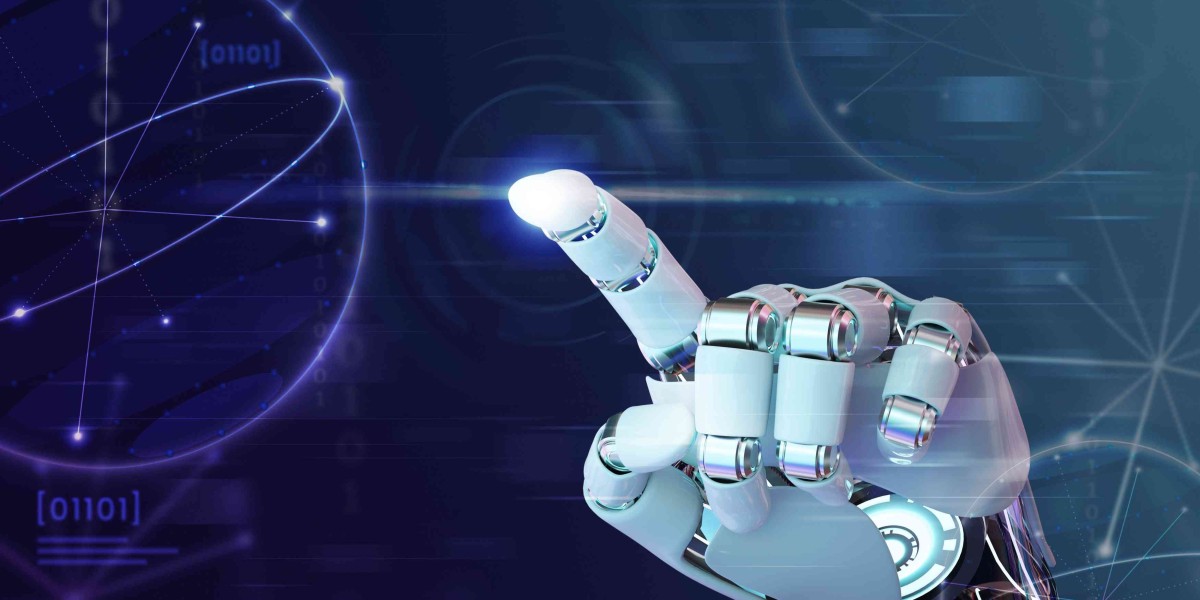Artificial intelligence (AI) has become a disruptive force in various industries, transforming the way we work and interact with technology. As AI continues to advance, it brings both challenges and opportunities to the job market. This article explores the impacts of AI on the job market, discussing the challenges it poses and the potential opportunities it presents.
Impacts of Artificial Intelligence on the Job Market
The Challenge of Job Displacement
One of the primary concerns surrounding AI is the potential displacement of human workers. As AI technologies automate routine and repetitive tasks, certain job roles may become obsolete. For example, roles involving data entry, basic customer service, and manual labor can be efficiently handled by AI systems. This displacement raises concerns about job security and the need for workers to upskill or reskill to stay relevant in the changing job landscape.
Upskilling and Reskilling Opportunities
While job displacement is a challenge, AI also creates new job opportunities. With the implementation of Artificial Intelligence services, there is a growing demand for professionals skilled in AI development, data analysis, machine learning, and algorithm design. These emerging roles require a deep understanding of AI technologies and provide avenues for individuals to upskill or reskill themselves to remain employable in the evolving job market. Upskilling and reskilling initiatives become crucial to equip individuals with the necessary skills to thrive in the AI era.
Enhanced Efficiency and Productivity
AI technologies have the potential to enhance efficiency and productivity in various industries. By automating repetitive tasks, AI frees up human workers to focus on more complex and creative aspects of their jobs. This shift allows individuals to leverage their uniquely human skills, such as critical thinking, problem-solving, and emotional intelligence, which are difficult to replicate with AI. Companies that embrace AI as a tool for augmenting human capabilities can experience significant gains in productivity and competitiveness.
New Roles and Collaborative Opportunities
AI creates new job roles and collaborative opportunities. As AI systems become more sophisticated, the need for human oversight, interpretation, and ethical decision-making becomes crucial. Job roles such as AI trainers, explainability experts, and AI ethicists emerge to ensure the responsible and ethical use of AI technologies. Furthermore, AI creates collaborative opportunities between humans and machines, where humans work alongside AI systems to achieve optimal results.
Ethical and Social Implications
The rise of AI also raises ethical and social implications in the job market. As AI development company make decisions and judgments, concerns around bias, privacy, and algorithmic transparency arise. It becomes essential for organizations to address these ethical considerations and ensure that AI technologies are deployed in a fair, transparent, and accountable manner. Additionally, the broader societal impact of AI on employment needs to be taken into account, ensuring that the benefits of AI are distributed equitably.
Conclusion
Artificial intelligence is reshaping the job market, presenting both challenges and opportunities. While job displacement is a concern, AI also creates new job roles and collaborative opportunities. Upskilling and reskilling initiatives are crucial for individuals to adapt and thrive in the AI era. Moreover, the ethical and social implications of AI must be carefully considered to ensure a fair and inclusive job market. By embracing the potential of AI and addressing its challenges, organizations, and individuals can harness the transformative power of AI to drive innovation and success in the job market of the future.








